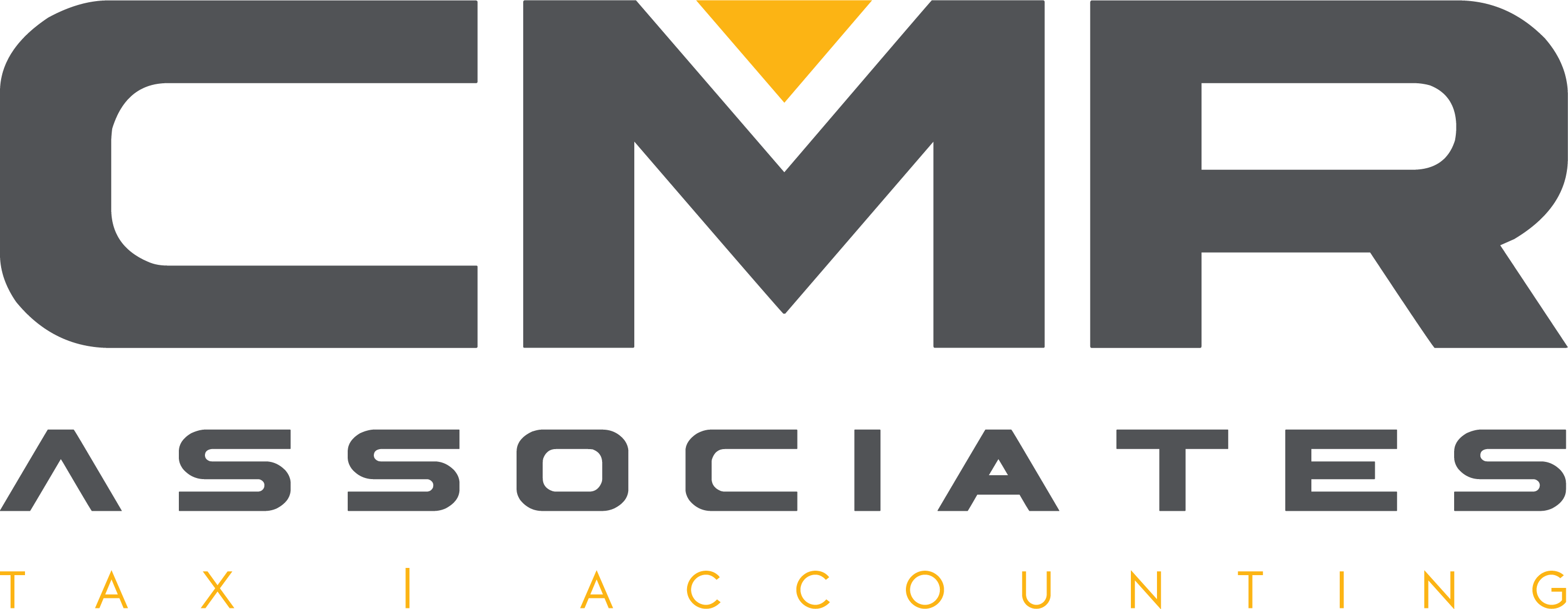
Tax planning critical when buying a business
If you acquire a company, your to-do list will be long, which means you can’t devote all of your time to the deal’s potential tax implications. However, if you neglect tax issues during the negotiation process, the negative consequences can be serious. To improve the odds of a successful acquisition, it’s important to devote resources to tax planning before your deal closes.
Complacency can be costly
During deal negotiations, you and the seller should discuss such issues as whether and how much each party can deduct their transaction costs and how much in local, state and federal tax obligations the parties will owe upon signing the deal. Often, deal structures (such as asset sales) that typically benefit buyers have negative tax consequences for sellers and vice versa. So it’s common for the parties to wrangle over taxes at this stage.
Just because you seem to have successfully resolved tax issues at the negotiation stage doesn’t mean you can become complacent. With adequate planning, you can spare your company from costly tax-related surprises after the transaction closes and you begin to integrate the acquired business. Tax management during integration can also help your company capture synergies more quickly and efficiently.
You may, for example, have based your purchase price on the assumption that you’ll achieve a certain percentage of cost reductions via postmerger synergies. However, if your taxation projections are flawed or you fail to follow through on earlier tax assumptions, you may not realize such synergies.
Merging accounting functions
One of the most important tax-related tasks is the integration of your seller’s and your own company’s accounting departments. There’s no time to waste: You generally must file federal and state income tax returns — either as a combined entity or as two separate sets — after the first full quarter following your transaction’s close. You also must account for any short-term tax obligations arising from your acquisition.
To ensure the two departments integrate quickly and are ready to prepare the required tax documents, decide well in advance of closing which accounting personnel you’ll retain. If you and your seller use different tax processing software or follow different accounting methods, choose between them as soon as feasible. Understand that, if your acquisition has been using a different accounting method, you’ll need to revise the company’s previous tax filings to align them with your own accounting system.
The tax consequences of M&A decisions may be costly and could haunt your company for years. We can help you ensure you plan properly and minimize any potentially negative tax consequences.
Tax Accounting, Tax Preparation, and Business Consulting for Metairie, Louisiana
Industry Specific Accounting
Metairie CPA Services
Metairie CPA News
Tax Accounting, Tax Preparation, and Business Consulting for Mandeville, Louisiana
Industry Specific Accounting
Mandeville CPA Services
Mandeville CPA News
Tax Accounting, Tax Preparation, and Business Consulting for Baton Rouge, Louisiana
Industry Specific Accounting
Baton Rouge CPA Services
Baton Rouge CPA News
Tax Accounting, Tax Preparation, and Business Consulting for Covington, Louisiana
Industry Specific Accounting
Covington CPA Services
Covington CPA News
Mandeville Notary Public Services
Madisonville Notary Public Services
Covington Notary Public Services




